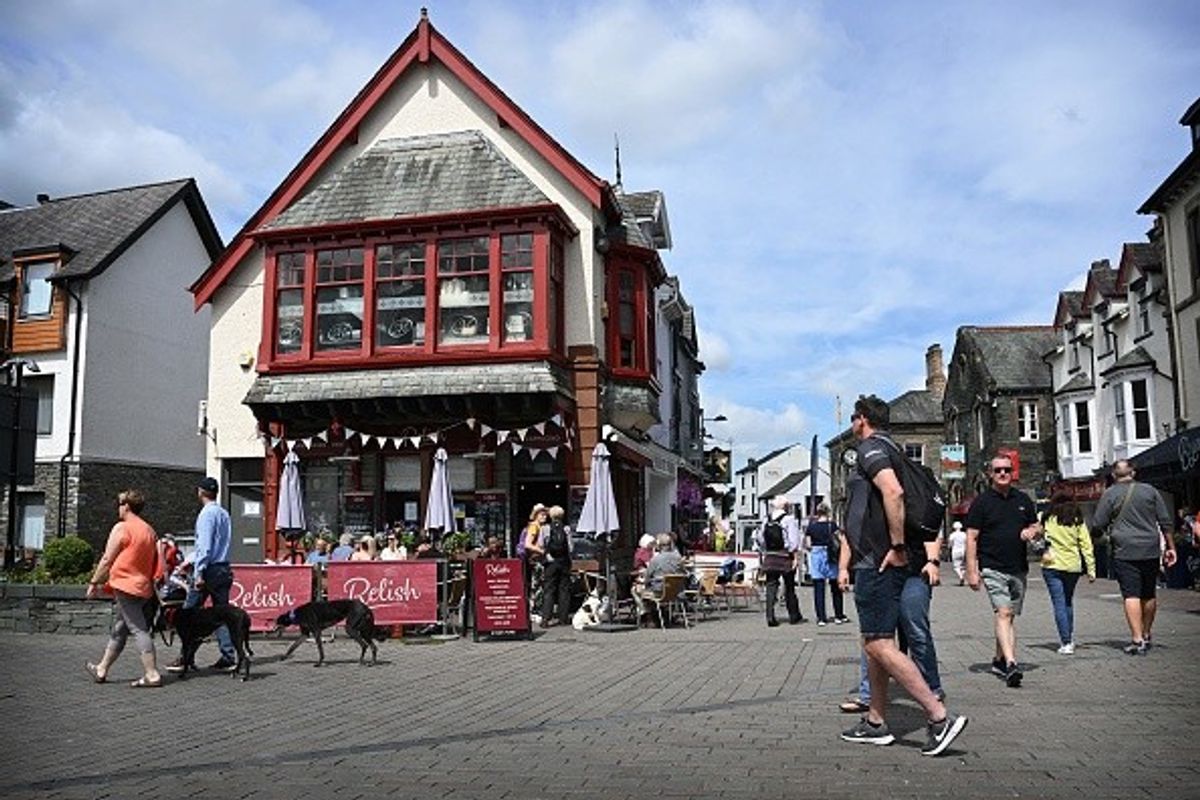Pay growth failed to keep pace with rising prices in July despite a jump in average wages, according to official data, highlighting how cost-of-living crisis affected millions of households throughout the summer.
According to recently released official data, average pay including bonuses rose by 5.5 percent in the three months to July while regular pay (excluding bonuses) increased by 5.2 percent. Workers in the public sector continued to be hardest hit, where regular pay grew by 2 percent, compared with 6 percent in the private sector.
Meanwhile, inflation was 10.1 percent in July, the highest level in 40 years.
However, jobless rate hit its lowest since 1974 but the drop was due mostly to a fall in the size of the workforce and there were other signs that the country's jobs boom is petering out, adding to the Bank of England's inflation headache.
BoE is worried that tightness in the labour market will add to the recent surge in price pressures.
The unemployment rate sank to 3.6 percent in the three months to July, the Office for National Statistics said. The number of people in employment grew by 40,000, less than a third of the increase forecast in the Reuters poll.
"We're now starting to see signs of a labour market losing its momentum," Jack Kennedy, UK economist at the global job site Indeed, said.
Analysts also said the drop in unemployment could partly be explained by a rise in the number of workers classified as long-term sick.
James Smith, an economist at ING, said: “Alarmingly, the number of people classifying as not working due to long-term sickness is up by almost 400,000 since late 2019, and almost 150,000 in the last two months’ worth of data alone.
“It’s hard to escape the conclusion that this is linked to the pressures in the NHS.”


